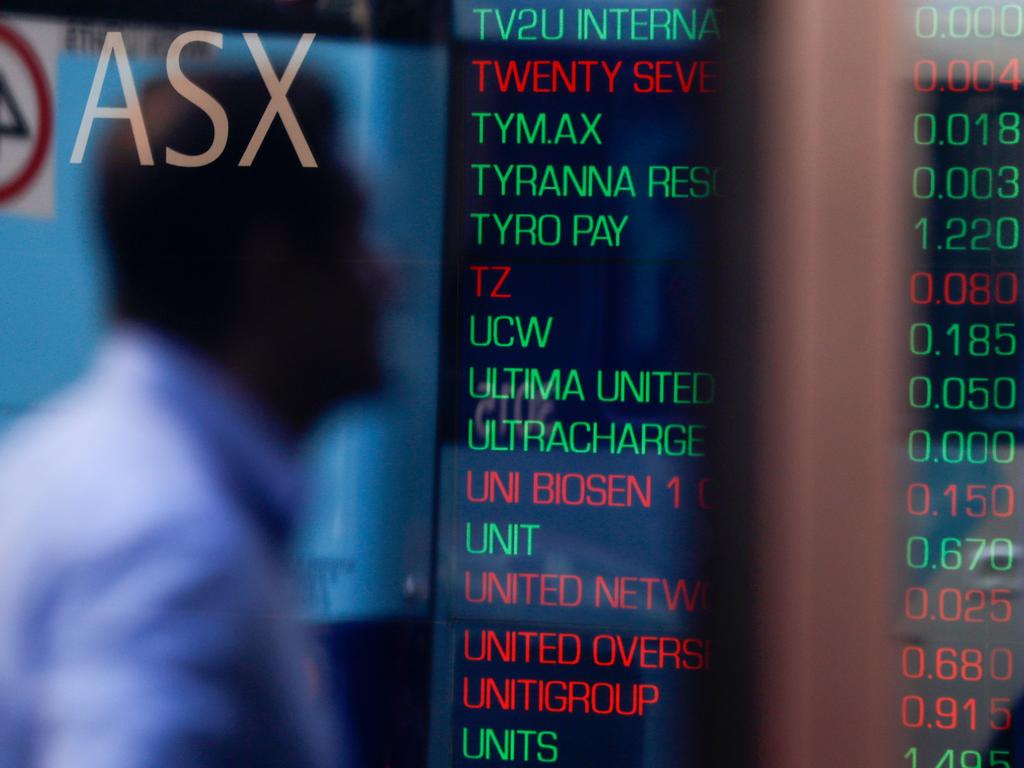Coronavirus: short-sighted policy shifts may hit super funds’ recovery role: Combet
Greg Combet has warned more policy shifts that tighten liquidity pressures could constrain super funds’ ability to contribute to the economic recovery.

A leading figure in the $700bn industry superannuation sector has warned that any more policy shifts that tighten liquidity pressures could constrain the funds’ ability to contribute to the nation’s economic recovery.
Greg Combet, a former federal Labor minister who is now chairman of Industry Super Australia and IFM Investors, says tens of millions of dollars will already “go out the door” as a result of the Morrison government’s move to allow individuals access to $20,000 in their super accounts if they are suffering financial stress as a result of COVID-19.
“The greater the liquidity pressure in a crisis like this, the less that the super sector can do in the recovery period,” Mr Combet says.
Leaders in the industry funds pushed back on Friday against Scott Morrison’s demands that they consider investing in embattled Virgin Australia.
Mr Morrison urged the Transport Workers Union and other unions on Thursday to play a more active role through their super funds in the firms that employed their workers, including Virgin.
Credit rating agency Moody’s further downgraded Virgin’s debt on Friday, as private equity firms crunched numbers on the struggling airline.
In an opinion column in The Australian on Monday, Mr Combet says several events — not just the early-access scheme in hardship cases — have intensified pressure on the liquidity of industry funds. “Listed equities and other asset prices have fallen substantially, impacting people’s superannuation accounts,” he says.
“In response, some individual members have been switching their super investments into cash.
“The Australian dollar has been volatile against the US dollar, affecting some super fund foreign exchange hedging positions, and the decision of the government to allow members to withdraw money has also, for the first time in over 30 years, punched a hole in bipartisan policy that has preserved superannuation savings until retirement.”
Mr Combet stresses that industry super funds are managing the pressures “effectively”. But it is in everyone’s interest, he says, that the recent suggestion by businessman Tony Shepherd to suspend super guarantee contributions goes no further. “Additional policy-induced liquidity pressure will restrict the capital available to invest for the future,” Combet says. “Maintaining stability in policy settings for superannuation will be critical for the economy as we emerge from the pandemic, and that means it’s critical for members.”
Mr Combet says a long-term investment horizon is a “vital element” of Australia’s recovery from the COVID-19 economic shock. In several ways, it would also be critical to the recapitalisation of Australian companies and investment in job creation.
First, as others were dumping their shares, super funds could be buyers, injecting liquidity into the market and curbing unwanted volatility. Investment in good Australian businesses with patient capital and a focus on long-term returns could also help sustainable business growth, creating jobs in the decades ahead. Finally, industry funds had a strong commitment to investments in local infrastructure and property.
These investments in ports, rail, electricity distribution, renewables, aged care, airports and the buildings people lived and worked in would help drive growth and create jobs. As industry super funds have no debt, Mr Combet says they could be major shock absorbers in a crisis. “The super system is actually working very, very well,” he says. “You have to be very careful with some of the thought bubbles because there will be wider economic implications.”







To join the conversation, please log in. Don't have an account? Register
Join the conversation, you are commenting as Logout